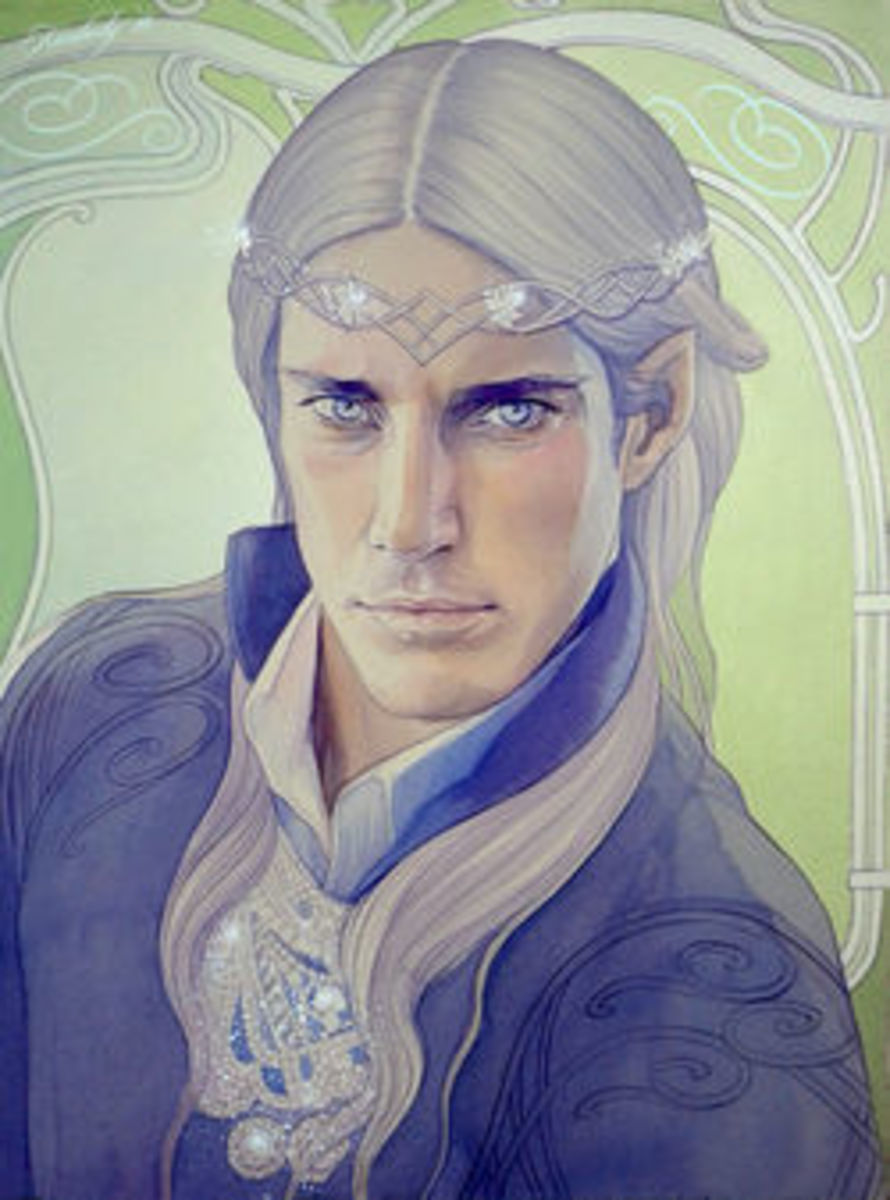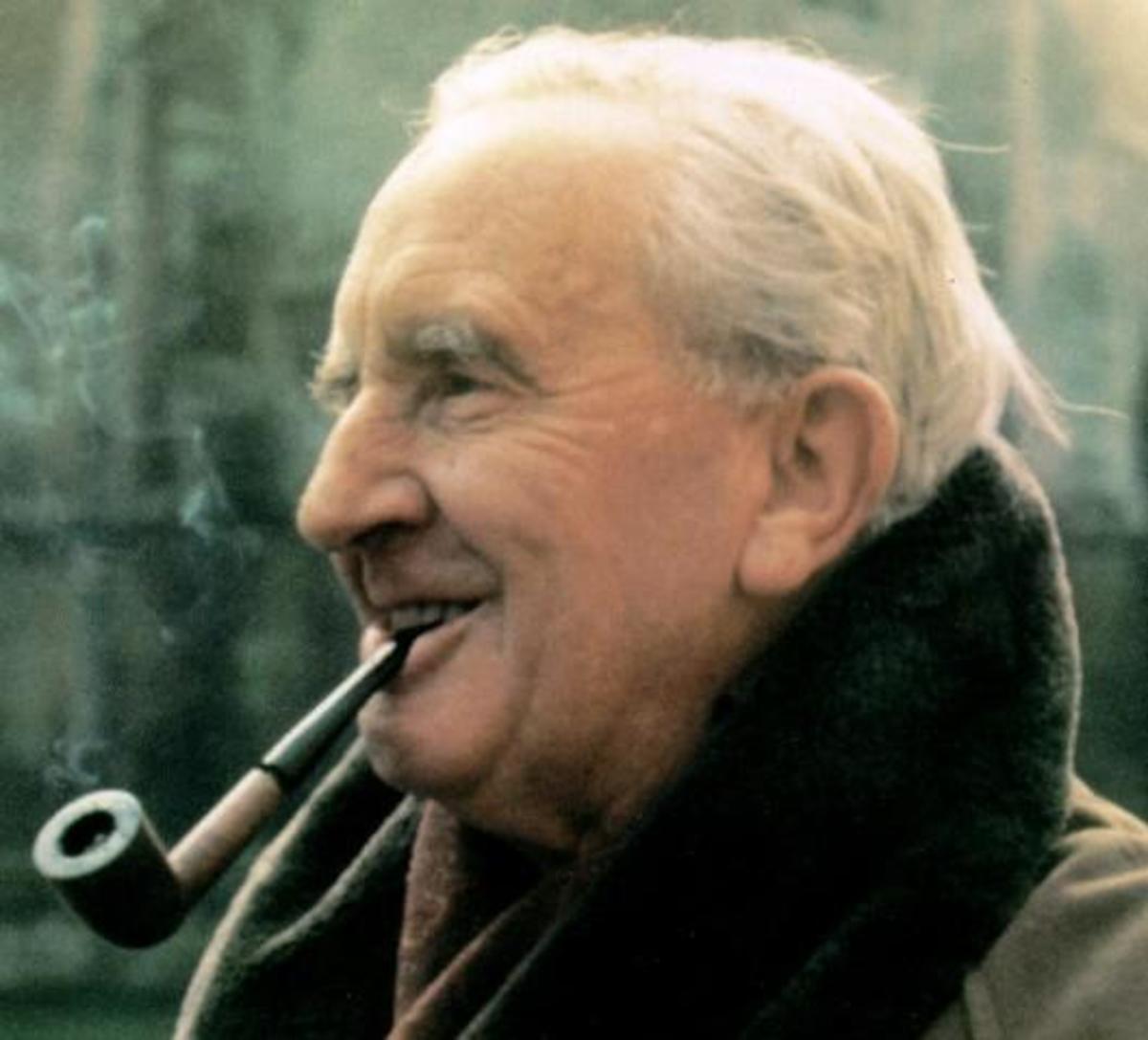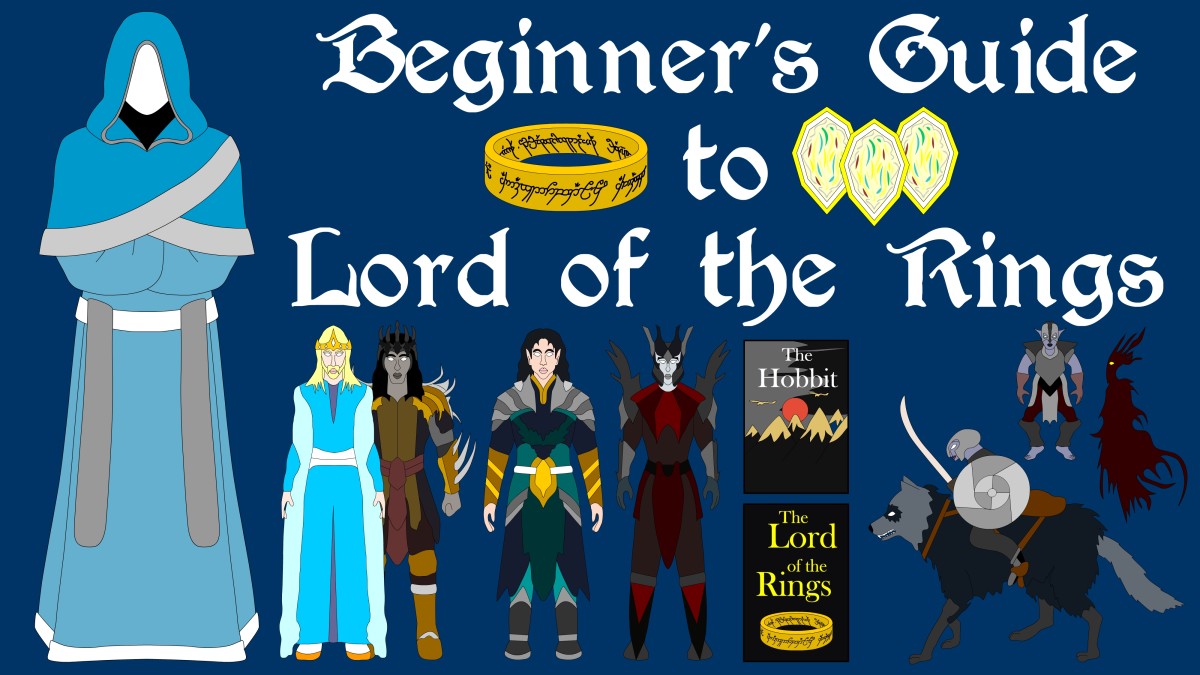- HubPages»
- Books, Literature, and Writing»
- Books & Novels»
- Fiction»
- Science Fiction & Fantasy Books»
- Fantasy
10 Things You Didn't Know About Tolkien's Elves
1. They Are Reborn After They Die

When elves die they do not actually die in a true sense. An elven spirit, after departing the body, has to go to Mandos, the Halls of the Dead. After having enough rest and regaining the strength the soul (to which the lore refers as fëa) is usually given the opportunity to come back while a new body identical to their previous one is granted to it by the elven equivalent of gods, the Valar. So in most cases the elven families who lose their beloved ones have a hope for reuniting with them eventually.
2. Their children are wiser
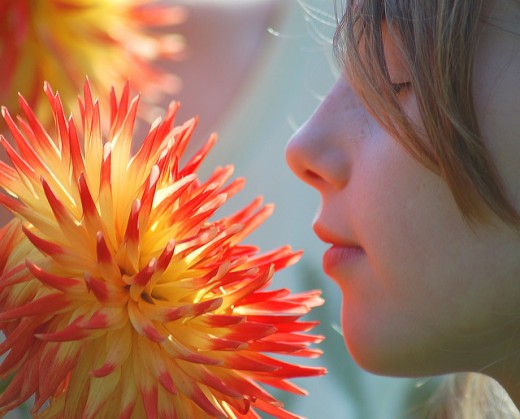
It was stated by J.R.R. Tolkien that an elven child would often possess wisdom equal to, and most often greater than, a grown man. An elven child at the age of twenty would still look very young, like a child, yet in their mind they would be similar to a twenty year-old man. It is said that their minds mature much quicker than their bodies and so they can perform many adult-like activities while physically they are still considered children.
3. They reach maturity when they are 100

Even though elves do learn and obtain wisdom very quickly, they are not considered fully grown until they reach the age of 50, and mature until reaching the point of a 100 years of their life. After turning fifty an elf is considered old enough to marry, and many of them indeed acquire a family at this point. Yet it is not expected to be an "age of marriage" and many elves in Tolkien's world were known to find their beloved ones at a much later point in their life.
4. They can see in the dark
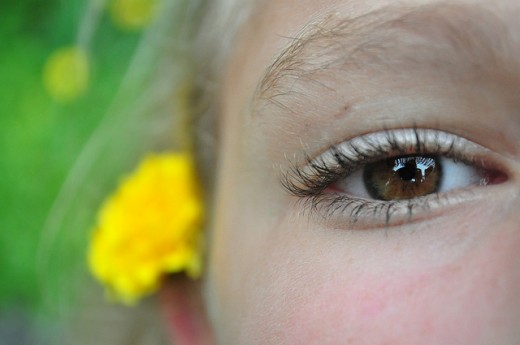
In Tolkien's world elves naturally have much sharper senses than other races like men, dwarves, or hobbits. However this is further shown many times in the text where it is stated that elves love the stars above all else and often spent many nights walking under them and gazing upon their beauty. It is not hard to understand, then, how they would be able to easily see and navigate in such a darkness, especially since in Tolkien's mythology of Middle-Earth the sun and moon were created much later, after the elves already existed.
5. Elves are not as peaceful as people think
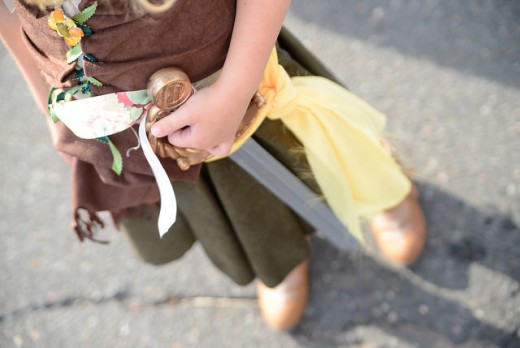
Many people, after watching the well-known movies based on the Lord of the Rings books tend to assume that elves are a quiet, peace-loving race without any malicious intent. And while it is not exactly wrong, it is also very far from truth. Throughout their history and since the very early ages of the world the Eldar (elves) engaged in many conflicts, often waging wars not only against the forces of darkness, but against each other as well. One of the most notable examples in their history tells about the infamous quest of the elven race of the Noldor, who, in their haste to commit vengeance against the one who slew their king and reclaim the stolen gems of their people, commited several kin-slayings, turning their swords against their own kind.
6. They don't get sick
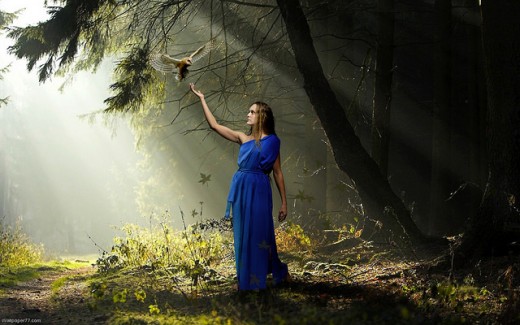
According to Tolkien, elves are immune to all sickness and most poisons. They do not get infected from their wounds or die of catching the flu, and in fact, such an occassion is so unnatural to them that some of the many names they gave to the race of humans were: "The Sickly" and "The Mortals". It would be virtually impossible for an immortal elf to succumb to any kind of disease, and unless slain in battle or through some other kind of trauma, their lives are endless.
7. They don't cheat or divorce
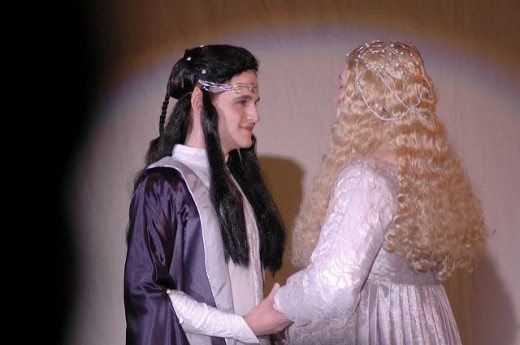
Adultery is a concept virtually non-existant among the elves. They usually marry once, tying their body and soul to the ones chosen by them forever. Beause of this, there is no divorce, nor is there the idea of trying a relationship out with different people before finding the right one. Since for elves the act of "physical union" is what creates the permanent marital bond. In fact, the concept of separating from each other is so unnatural that even after dying they still reunite after getting reborn in a new body.
8. They conceive at will
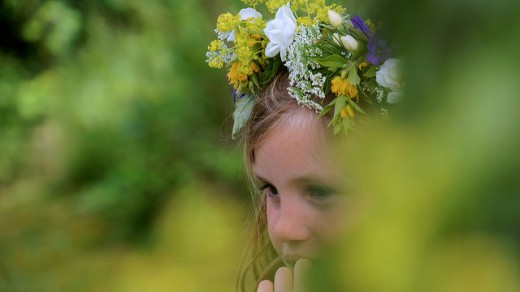
An act of conceiving a child is always an act of will for elves, and never "an accident" or an unplanned event. Thus all the children are always desired, and there is no drama involving this aspect of family life, contradictory to the messy relationships of the humans. For creating a child, both the mother and father have to wish for it to happen, and after a year a new elf is born. It also requires more strength and spirit to create an elven child than it does a human one, thus it is more draining for elves to reproduce. With these types of reproductive customs, elven families rarely have many children, the most numerous of these being the family of the great elven smith Fëanor, who had seven sons.
9. They don't celebrate their birthdays
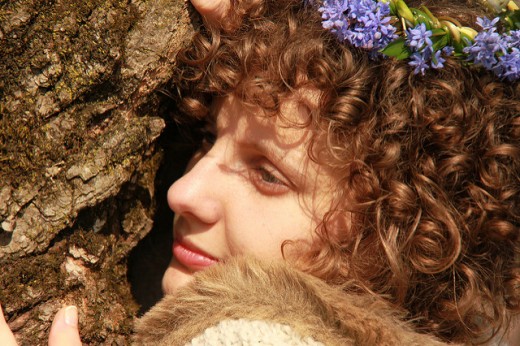
Since the creation of a child is an act of will, elven parents always know when their new child is to be expected. Thus not the day of their birth but the day of "begetting" is celebrated - an event signifying the creation of a new life. The begetting is nothing else but the day the child was conceived to be later brought into the world, which naturally is considered a thing of great importance for the elven folk.
10. They can grow beards

It is a very common depiction for all the elves portrayed in the media to be completely beardless. And not without a reason. However elven men do possess the ability to grow a beard, but only once they reach a very old age. For this reason, most of the elven men we see in the media and even the books are simply too young to acquire any majestic facial hair. Círdan, a well-known elven shipwright, was known for having a beard, yet he was one of the first elves who ever lived so he would naturally be of a fitting age for this to happen.

